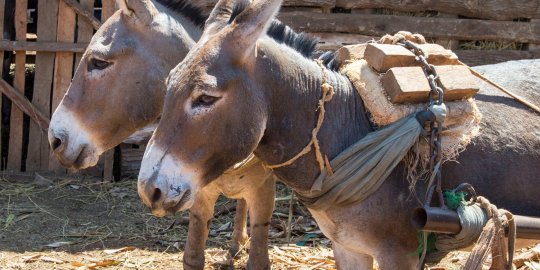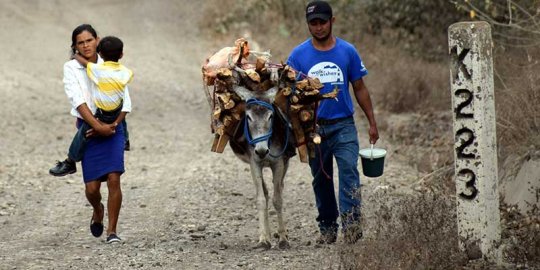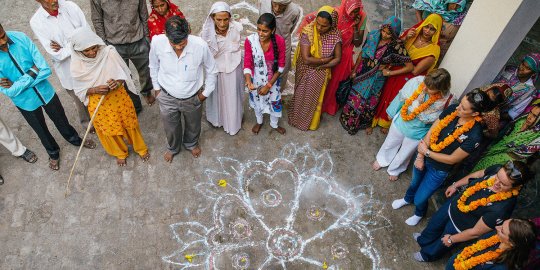Our Work
How We Work
Key Issues
Where We Work

We have a number of criteria to help us decide which countries we should work in, such as the need for animal welfare, the communities that work with animals and the levels of poverty. Learn more.
Stories from the field
See more stories from the field



